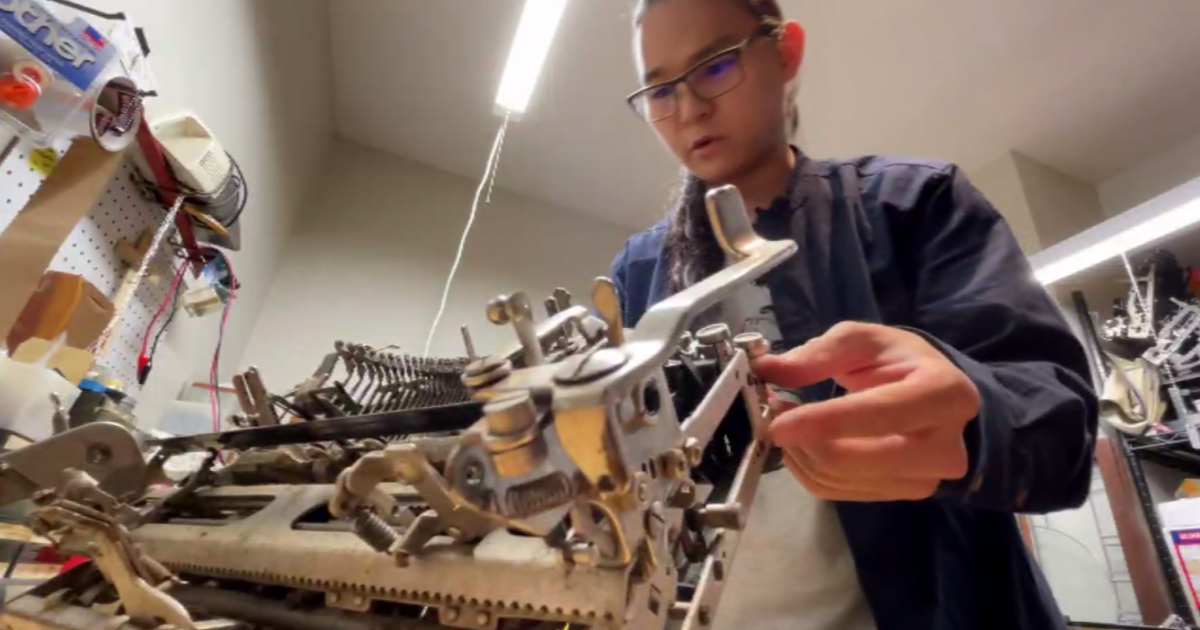You Don't Have To Be Old To Get Shingles, Gout, Other Maladies
CHICAGO (CBS) -- There are certain diseases that we typically associate with growing old: stroke, osteoporosis, shingles, even gout.
But more and more, young people are being diagnosed with those conditions and others.
CBS 2's Kris Gutierrez asks doctors why.
Eli Amstadter had chicken pox as a child and then got shingles when he was just 28. You can't get shingles unless you've had chicken pox.
Eli believes the stress of changing jobs triggered the virus. Dr. David Zich has seen even younger patients.
"We do think there might be an increase coming down the line very shortly for shingles in young people," Zich says.
That's an unexpected byproduct of the chicken pox vaccine, he says.
"When kids don't get chicken pox, those people who had chicken pox before aren't getting a boost in their immunity because they're not experiencing it in the community anymore," he says.
For many people, being susceptible to diseases of older people is just genetic -- like getting gout in your early 20's. Typically, people are 60 or even 70 before that type of agonizing arthritis strikes.
"I saw a 22-year-old male who had it in his knees, and we weren't actually even thinking it was gout until we drew the fluid and sent it to the lab and it was gout," Zich says.
Mary Heath got breast cancer when she was pregnant with her second child -- in her mid-30s.
For most young breast cancer patients there's often a family history of the disease.
Alzheimer's, meanwhile, has been diagnosed in people in their 40s.
And strokes can happen as early as the 20s or 30s. The biggest risk factor is high blood pressure, but obesity, stress, salt and alcohol also play a role.
Another disease of aging, osteoporosis can occur in young people who have asthma, which is common here in Chicago.
"A lot of that can be because of medications, particularly steroids," Zich says.
Eli admits he thought he was too young to get shingles.
"It's something that I think most people think, 'That's an old person's disease,'" he says.
Because more young people are coming down with conditions once reserved for older people, some public health experts worry today's youngest generation could be the first to have a lower life expectancy than their parents.



